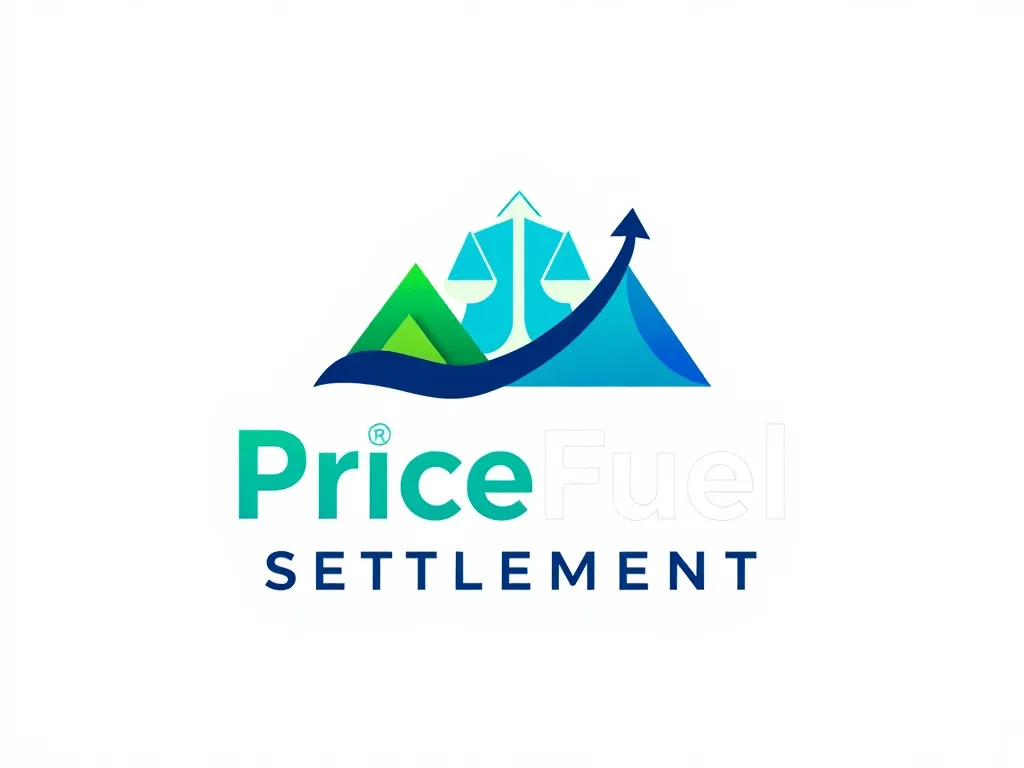Understanding Fuel Price Settlement Claims: A Comprehensive Guide

Understanding Fuel Price Settlement Claims
Fuel Price Settlement Claims refer to the requests made by businesses and individuals to recover costs associated with fluctuating fuel prices that exceed agreed-upon rates. These claims arise from various factors, including contractual obligations, market volatility, and unexpected price spikes that impact operational budgets.
The significance of Fuel Price Settlement Claims lies in their potential to mitigate financial losses incurred due to rising fuel costs. A well-structured claim can offer relief to affected parties, allowing them to maintain operational stability amidst economic uncertainty. Consequently, understanding the nuances of these claims becomes crucial for businesses relying heavily on fuel for their operations.
Fuel Price Settlement Claims are regulated primarily by governmental bodies and industry organizations that set guidelines to ensure fairness and transparency in the settlement process. This regulatory framework serves to protect both consumers and suppliers, fostering a balanced marketplace where claims can be addressed fairly.
Effective management of Fuel Price Settlement Claims involves not only understanding the regulatory landscape but also actively engaging in the claims process. Businesses must stay informed about changes in regulations and market conditions that could impact their claims and ensure they comply with all necessary documentation and eligibility criteria.
Overall, Fuel Price Settlement Claims are a critical aspect of the fuel procurement process, enabling stakeholders to navigate fluctuations in pricing. As the global energy market continues to evolve, these claims will play an even more significant role in protecting businesses from the adverse effects of price volatility.
The recent rise in consumer awareness has led many to explore their options regarding Fuel Price Settlement Claims in unprecedented ways.
Overview of Fuel Price Settlement Claims
Fuel Price Settlement Claims are legal assertions made by businesses, usually in the transportation and energy sectors, aiming to recover additional costs incurred due to unexpected increases in fuel prices. These claims may arise from various types of contracts, such as fixed-price contracts, where the agreed price does not shift in line with the market.
The importance of Fuel Price Settlement Claims cannot be overstated, particularly in sectors where fuel represents a substantial portion of operational costs. Successfully navigating this claims process can significantly impact a business's profitability and sustainability, helping mitigate risks associated with fuel price fluctuations.
Fuel price settlements are typically regulated by national and regional energy commissions, which oversee compliance with industry standards and ensure equitable treatment for all parties involved in the claims process. These regulators play a crucial role in defining the terms and conditions that govern fuel price settlements.
Eligibility Criteria for Fuel Price Settlement Claims
Eligibility to file Fuel Price Settlement Claims generally includes businesses that have contractual obligations with suppliers regarding fuel pricing. These may be companies in the logistics, transportation, and manufacturing sectors that rely heavily on fuel for their operations and have documented contractual agreements that allow for such claims.
To establish eligibility, a claimant must provide certain documentation, including contracts, invoices, fuel usage reports, and evidence of the price discrepancies being claimed. This documentation underscores the need for meticulous record-keeping to support any claims filed with regulatory bodies.
Common reasons for claim rejection include insufficient documentation, failure to comply with filing deadlines, and claims that fall outside the scope of what was contractually agreed. Thus, a clear understanding of these criteria is essential for any business contemplating a fuel price settlement claim.
Process of Filing Fuel Price Settlement Claims
Filing a Fuel Price Settlement Claim involves several key steps. First, businesses must gather all relevant documents that substantiate their claim, including contracts and purchase records. Next, they need to complete the claim forms as stipulated by the regulatory body or agency overseeing the claims process before submitting the claim formally.
The deadline for filing claims can vary widely depending on the regulatory jurisdiction and the specific terms of the contract. It is vital for claimants to be aware of these timelines to avoid missing opportunities to recover losses related to fluctuating fuel prices.
To ensure a successful submission of claims, businesses should carefully review all documentation for accuracy and completeness prior to submission. Consulting with legal or regulatory experts can also enhance a claim's likelihood of success by ensuring compliance with all legal requirements and guidelines.
Impact of Fuel Price Settlement Claims on Businesses
The financial implications of Fuel Price Settlement Claims can be considerable for businesses, particularly those that operate on thin margins. Successful claims can result in significant reimbursements that can relieve financial pressure and enable companies to invest in critical areas of their operations.
Claims can directly affect fuel procurement strategies, as companies may need to reassess their supply agreements based on historical claims experiences and market conditions. This reassessment can lead companies to seek more flexible contracts or diversifying their supplier base to mitigate future risks.
Successful case studies illustrate how strategic claims have provided vital financial relief to companies. For example, a transportation firm that successfully navigated a market volatility claim was able to offset rising costs and reinvest in fleet maintenance, ultimately enhancing operational efficiency.
Legal Considerations in Fuel Price Settlement Claims
Understanding one’s rights as a claimant is fundamental when navigating Fuel Price Settlement Claims. Claimants are entitled to a fair hearing of their claims and to receive transparent communication from regulatory bodies throughout the claims process. This awareness can empower businesses in advocating for their rights.
Legal counsel can play a pivotal role in guiding businesses through the claims process. Experienced attorneys can provide valuable insights into the complexities of filing claims, ensuring that all legal requirements are understood and met before submission to minimize the risk of rejection.
Potential disputes may arise during the claims process, necessitating resolution methods that can include negotiations or third-party mediation. An awareness of these potential conflicts and the available methods to resolve them can save businesses valuable time and resources in their pursuit of fair settlements.
Future Trends in Fuel Price Settlement Claims
Emerging regulations affecting Fuel Price Settlement Claims are likely to arise as governments and regulatory bodies respond to the realities of changing energy markets and economic pressures. These regulations could potentially streamline the claims process or introduce new compliance requirements for businesses.
Market changes, including fluctuations in fuel availability and advances in alternative fuel technologies, could reshape the landscape within which claims are filed. Companies may need to adapt their strategies to account for these evolving market dynamics while navigating claims processes.
Looking ahead, predictions for future claim processes suggest an emphasis on digital solutions that could enhance efficiency and transparency. The digitization of claims management processes is anticipated to reduce administrative burdens and facilitate quicker resolutions of claims, benefiting all stakeholders involved.
